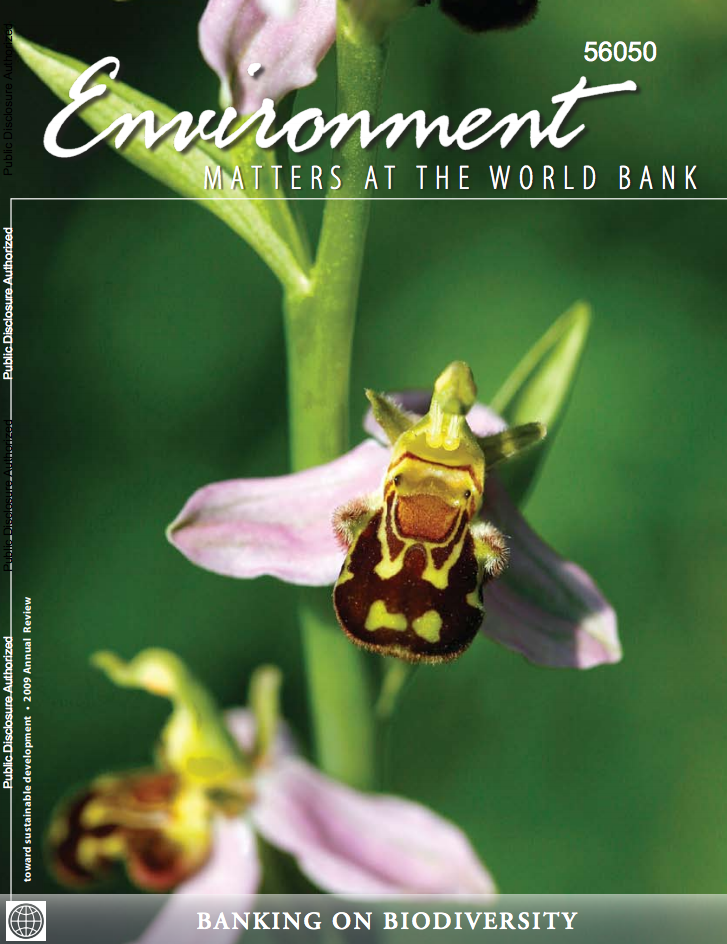Promoting Nature-Based Tourism for Management of Protected Areas and Elephant Conservation in Sri Lanka
Sri Lanka's ten-year development
framework aims at accelerating economic growth while
ensuring a path of sustainable development and prioritizing
conservation of the country's natural heritage. It is
in this context that this policy note seeks to examine the
scope for enhancing protection of Sri Lanka's natural
assets through nature based tourism as an instrument for
conservation with a specific focus on elephant conservation.


